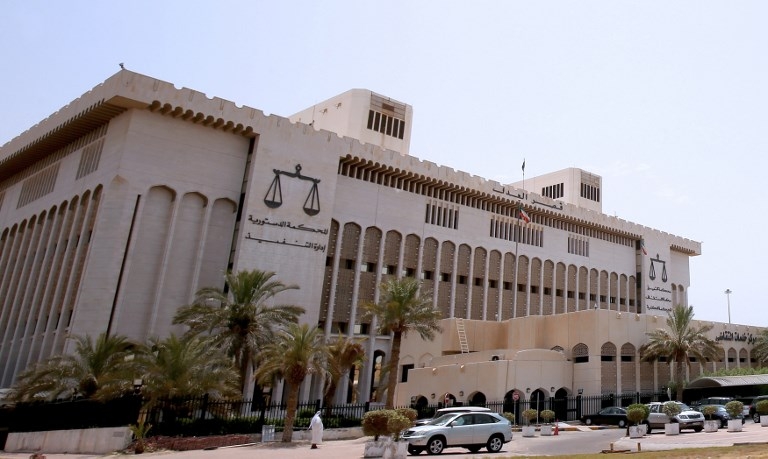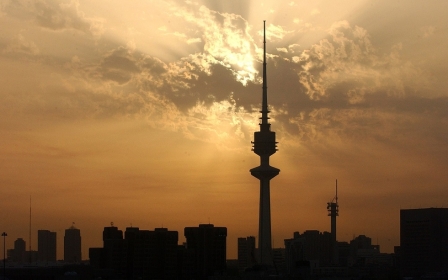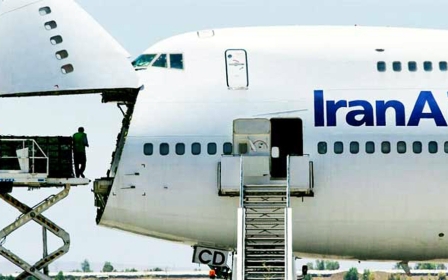Kuwait commutes death sentence of 'pro-Iran cell leader'

Kuwait's supreme court on Sunday reduced to life in prison the death sentence of a Shiite citizen convicted of forming a pro-Iran cell and of plotting attacks.
Hasan Abdulhadi Ali was sentenced to death by the lower and appeals courts last year after he was convicted of being "the mastermind of a cell" of 26 Shiites accused of links to Iran and of plotting attacks in the Sunni-ruled emirate.
Members of the cell had been charged with spying for Iran and hiding large quantities of arms, explosives and ammunition in underground warehouses.
Ali was also found guilty of having been an operative of Lebanon's Shia Hezbollah movement since 1996 and of smuggling significant amounts of arms and explosives from Iran into Kuwait.
The supreme court judges, whose rulings are final, sentenced 20 other members of the cell to between five and 15 years in jail and acquitted two.
The cases of the remaining three members were not taken up by the supreme court because they remain fugitives.
They include the only Iranian member of the cell, Abdulredha Haider, who was handed the death penalty in absentia by the lower court in January last year.
The court had accused Haider of ties to Iran's elite Revolutionary Guard and of recruiting the Kuwaiti Shiites and facilitating their travel to Lebanon, where they received military training from Iran-backed Hezbollah.
The 23 defendants present at the trial have denied the charges and said that their confessions were extracted under torture.
Iran has denied any links to the group.
Around a third of Kuwait's native population of 1.35 million is Shiite.
New MEE newsletter: Jerusalem Dispatch
Sign up to get the latest insights and analysis on Israel-Palestine, alongside Turkey Unpacked and other MEE newsletters
Middle East Eye delivers independent and unrivalled coverage and analysis of the Middle East, North Africa and beyond. To learn more about republishing this content and the associated fees, please fill out this form. More about MEE can be found here.




